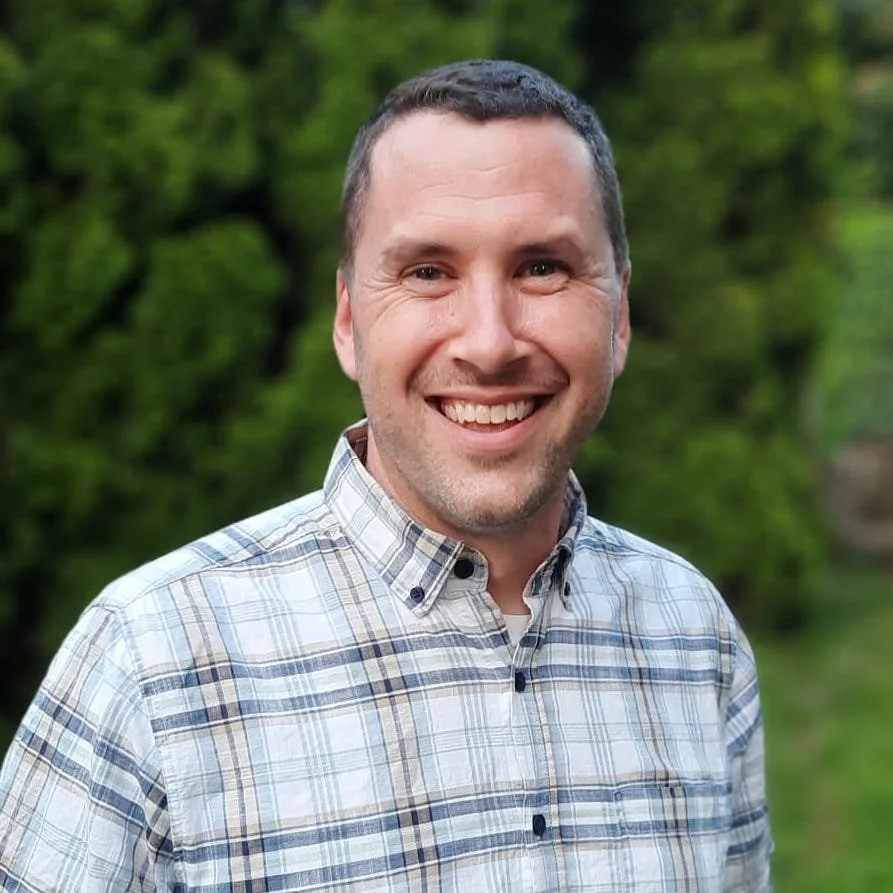Building Vibrant Congregations Through our Peacebuilding Learning Journey
by Bryan Carey
At Peace Catalyst, we’re working to equip and mobilize Christians for collaborative peacebuilding across lines of difference. In light of today’s hyperdiversity, church decline, and polarization, the need for a holistic, healing-oriented framework at a popular level among local pastors and their congregations has never been greater. With a shalom-centered theological framework and PCI’s peacebuilding toolkits, congregations have the opportunity to both reconstruct their faith in ways that fit with their core faith priorities and values and to collaborate with their diverse neighbors on issues that affect all of society.
Our Collective Challenge
Due to globalization, the ease of travel, the proliferation of the internet and especially social media, congregations today are exposed to previously unimagined levels of racial and ethnic diversity,1 competing group narratives, and social division. The pandemic, tensions related to racial injustice and LGBTQ inclusion, and political polarization have further split congregations and/or forced them to choose sides in what is often cast as a battle for the “soul of America.”
Faced with internal divisions and overwhelming diversity around them, some Christians become social justice warriors with limited grace for others’ learning journeys.2 Some respond with hostility while others, “[disagreeing] with their church’s stance on political and social issues,” leave their congregations entirely.3 Still others adopt a siege mentality, with an increasingly myopic focus on protecting their traditions against the rapid change surrounding them. The vast majority of Christians, however, experience paralysis because they want to faithfully contribute to positive change but simply don’t know how. In this milieu, many pastors are looking for ways their faith can provide the motivation and practices to engage the surging hyperdiversity in their contexts in ways that are consistent with and affirm their Biblical roots and traditions.
A Growing Opportunity
Meanwhile, various Christian theologians in some academic and organizational circles have been clarifying a theological framework for the mission of the Church based on the biblical vision of shalom, the reconciliation and healing of all things.4 If God’s vision is shalom, then God’s mission and therefore Christians’ central calling is to follow Jesus in shalom-building: the holistic work toward just peace and flourishing relationships. Practically, a shalom framework provides a theological foundation deeply rooted in place and relationship: when we work to cross divisions with our own neighbors, we are joining in the very mission of God. Peacebuilding provides us with the skills to cross those divisions as healers, partnering with our neighbors for mutual flourishing. Christian discipleship, then, is the work to form Christians with the frameworks and skills to shape our lives and communities around and toward shalom.
What PCI Offers for Congregations
PCI’s mission is to “equip and mobilize Christians for collaborative peacebuilding across lines of difference.” This process of equipping and mobilizing involves internal challenge, reflection, and learning (“Understanding” one’s gifts, history, and context) paired with external engagement across lines of difference (“Connecting” and “Collaborating”) in what PCI calls the Learning Journey. By cultivating peacebuilding postures, Christians develop a resilient, relevant, and vibrant faith that sustains them when faced with polarity, hyperdiversity, and conflict because they understand intentional, healthy engagement across difference as central to their own Christian discipleship. On a congregational level, engaging this Learning Journey involves congregants investing in robust, biblically-informed reflection of their values and the reason their church exists, paired with sincere, respectful engagement with those outside their church’s walls.
It is not PCI’s intention for bridge-building programs to be add-ons to an already busy church calendar. Instead, activities that stress understanding, connecting, and collaborating are designed to be as seamlessly connected to churches’ current activities as possible, bolstered with internal support from churches’ own faith or denominational traditions. Without this continuity and support, ministries that intentionally cross bridges may seem confusing, radical, or irrelevant to the wider congregation. However, when new postures complement and build upon a church’s already time-honored traditions and practices, they are understood as (and indeed are) a natural extension of the church’s current ministries and develop alongside the life of the church.
Conclusion
We’re working to equip and mobilize Christians for collaborative peacebuilding across lines of difference. In light of all the challenges of today, we invite you and your faith community to consider how you can begin to reimagine your faith in ways that allow you to connect and collaborate with your neighbors as part of God’s healing work.
Pew Research, “Americans are more positive about the long-term rise in U.S. racial, ethnic diversity…,” 1 Oct 2021.
The Atlantic, “How Social Justice Became a New Religion,” 18 Aug 2022.
The Guardian, “Losing their religion: why US churches are on the decline,” 22 Jan 2023.
E.g. World Council of Churches, “Mission as Ministry of Reconciliation,” Feb 2005; Robert Schreiter, “Reconciliation and Healing as a Paradigm for Mission,” Jan 2025; Lisa Sharon Harper, “The Very Good Gospel,” June 2016.
Bryan is Peace Catalyst Director of International Partnerships, based in Bosnia and Herzegovina. In 2016 Bryan and his wife Stephanie moved to the Balkan region, where they have been learning alongside and supporting the work of Muslim, Catholic, and Orthodox peacebuilders. Bryan hosts workshops, conducts trainings, and teaches about peace-oriented theology, peacebuilding practices, and how Christian groups can get involved in community peacebuilding. Learn more about Bryan here.





